The fibers of hemp have been utilized for centuries to produce clothing, textiles, papers, weaves, and even home decor items. Additionally, elements of hemp are healthy for the body, making it a popular health food and an essential ingredient to lotions and soaps.
More recently, hemp is being grown as a commercial plant to provide the ever-increasing demand for CBD. But even though hemp’s popularity has skyrocketed over the last few years, there’s still controversy tied to its use. Here are five of the most common myths about hemp.
Myth #1 – Hemp is the same thing as marijuana
Hemp and marijuana are both varieties of cannabis that developed due to selective breeding. Although the two look and smell alike, however, they are structurally and chemically different.
The most noteworthy distinction between the two is the tetrahydrocannabinol (THC) level. THC is the chemical responsible for making users high; hemp contains virtually no traces of THC, while marijuana contains anywhere from 10% up to 30%.
Essentially, marijuana is cannabis that induces a mind-altering high and leaves users feeling euphoric and dazed. Hemp, on the contrary, has no such intoxicating effects.
Myth #2 – All hemp strains are the same
Just like marijuana, hemp belongs to the Cannabis sativa plant family. Also just like marijuana, there are dozens of distinct strains/cultivars of hemp, each of which possess different cannabinoid levels and different levels of CBD.
This is why, when shopping for hemp-derived CBD products, it’s essential to know as much as possible about where the hemp came from. The hemp we use in all of our products at PureKana is domestically grown right here in the USA using responsible farming methods. We also only select hemp strains that are genetically rich in CBD, meaning potent, effective products across the entire PureKana range.
Myth #3 – You can’t smoke hemp
There’s been a big misconception that you can’t smoke hemp and get the health benefits associated with it. In reality, smoking hemp is an ancient practice that many still enjoy today.
You can smoke hemp exactly the same way you smoke any other type of cannabis. After all, hemp flower buds are nearly identical to the buds that are dried and smoked in marijuana. Smoking of course may not be the healthiest way to incorporate hemp into your life, but it is fast-acting and inhalation offers almost instantaneous exposure to CBD.
Myth #4 – Hemp requires no irrigation or pesticides
There is a rumor circulating that hemp doesn’t need much water to grow, and that it doesn’t require pesticides. While this would make it the easiest crop to grow in the world, it’s not entirely true.
Hemp plants in fact need plenty of rainfall, especially during the first six weeks after germination. Therefore, the plant’s reputation as a good dry-land crop (meaning it can be grown without irrigation) isn’t accurate. That being said, as long as hemp receives enough rainfall in the first six weeks, it can indeed survive prolonged periods of drought. However, it grows taller and thicker when watered, which is why irrigation is still recommended.
As for the myth about hemp not needing pesticides to grow, there is a little truth to that. Since these plants naturally grow tall and close to one another, it’s more difficult for insects to infiltrate. This means the plant doesn’t require as much pesticide use as other outdoor crops.
Myth #5 – Hemp will solve all the world’s problems
It’s true that hemp is a very versatile plant. It can be used for a variety of things, from textiles and construction to nutrition and agriculture. Since hemp can be farmed to create sustainable and eco-friendly alternatives for everyday items like cotton and plastics, it’s easy to leap to the conclusion that hemp is what the world needs to solve all its problems.
In reality, this belief is slightly erroneous, as hemp does pose a few cultivation (and even environmental) problems of its own.
For example, growing hemp in place of other crops will still lead to deforestation, as well as areas being cut down for the purpose of cultivation. Growing hemp instead of cotton (for example) in some areas would be a huge step forward, but it’s just not plausible to replace all of our current practices with hemp-based alternatives.

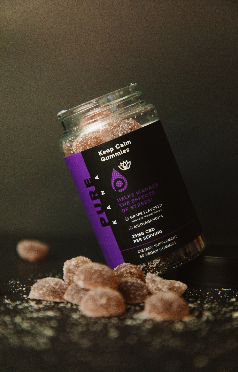
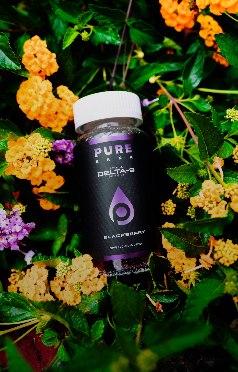
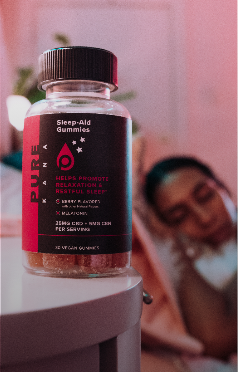



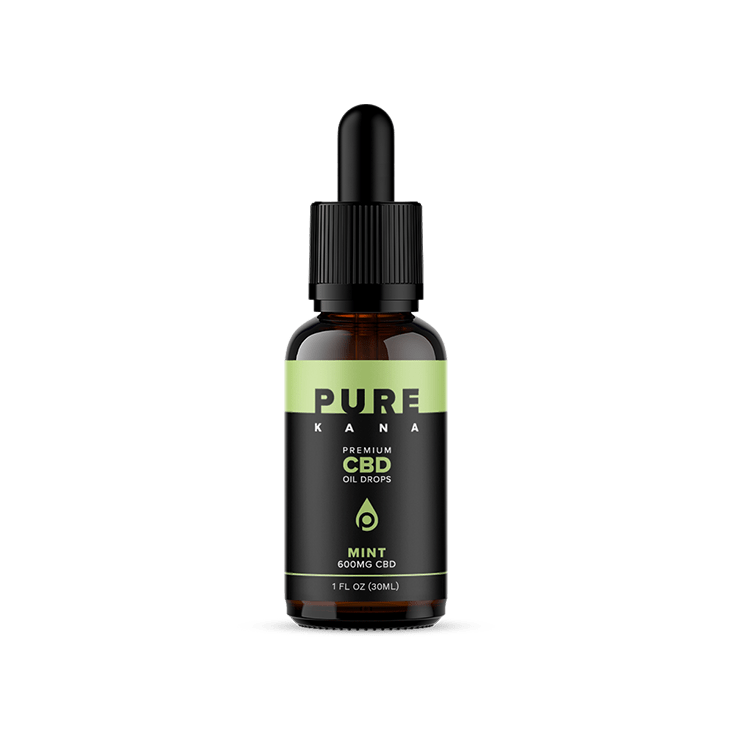
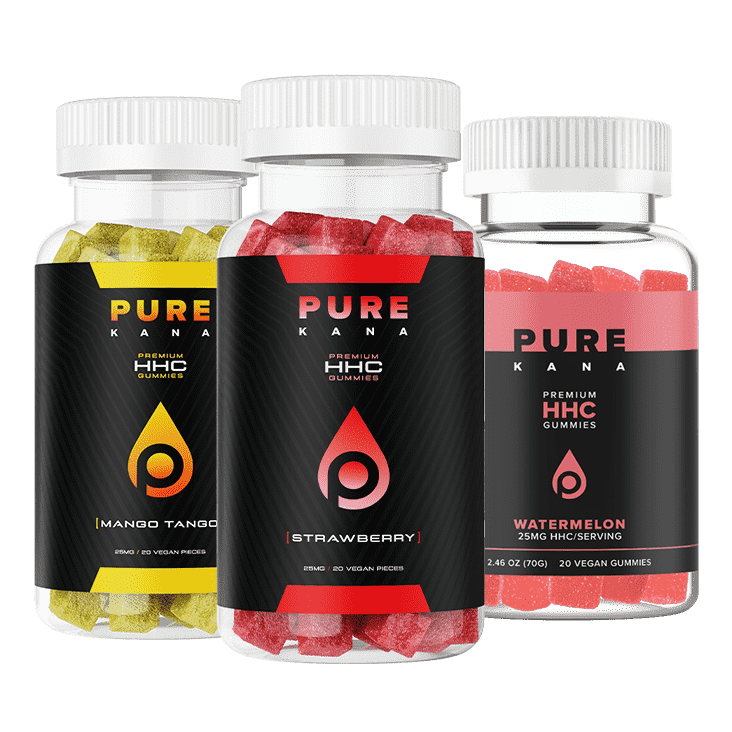
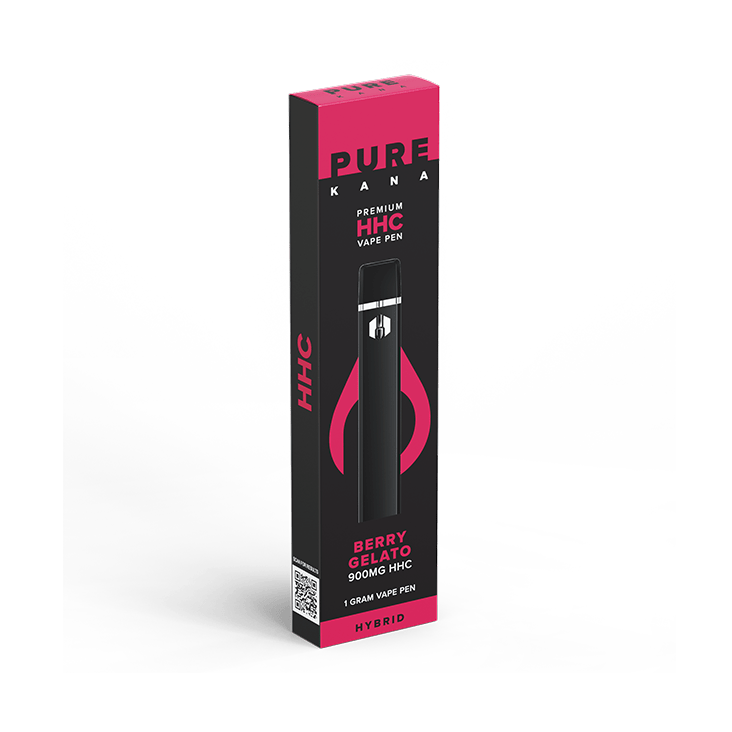


![The Ultimate CBD FAQ [Everything You Need to Know]](https://purekana.com/wp-content/uploads/2021/05/pk-new-banner-еhe-ultimate-cbd-faq-min-1.jpg)

I emailed you and asked why my order which was 1000mg and only 25mg of cbd what is the rest, if it's only 25mg cbd. I think that's false advertising. My other ? Was hemp oil and cbd oil different right why does my bottle say hemp oil. I've tried this and I've tried another company I don't think your product has helped me. Very disappointed that you didn't even respond to my email. Not good business
Are your products safe for kids?
Wow, this article is fastidious, my sister is analyzing these things, so I am going to tell her.